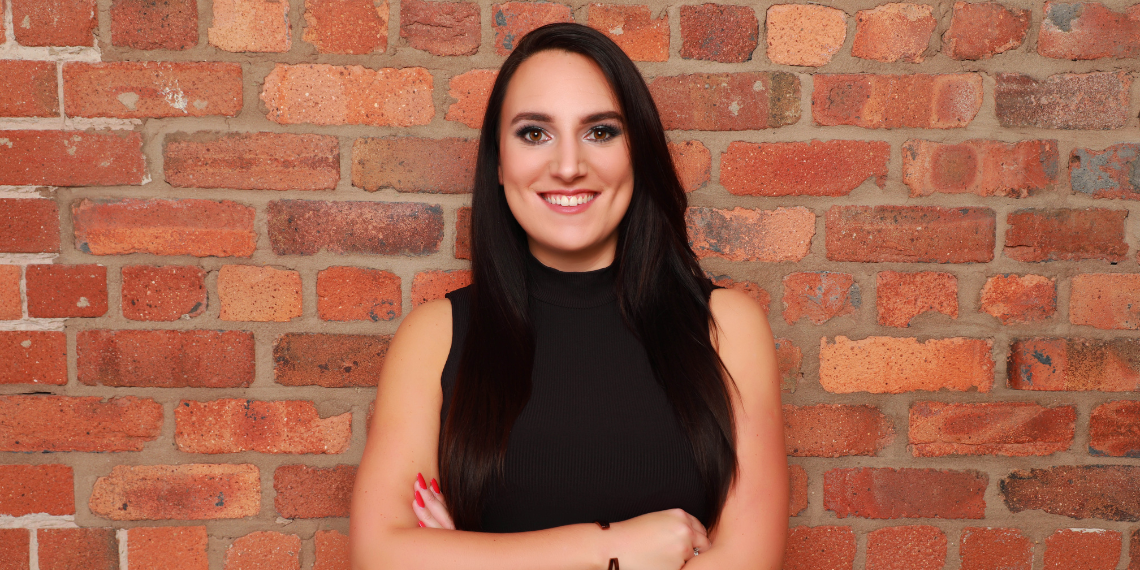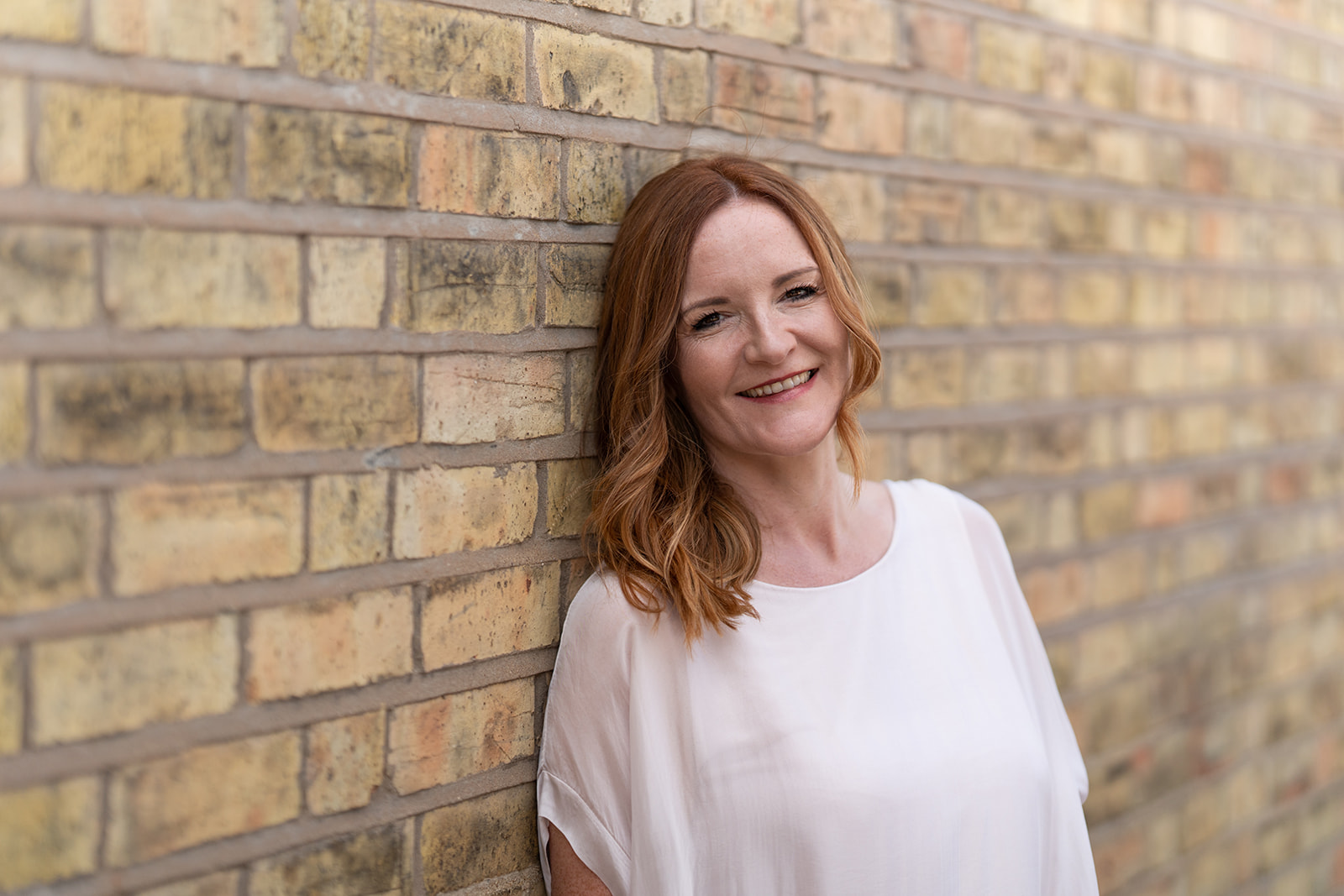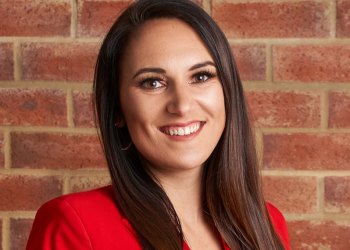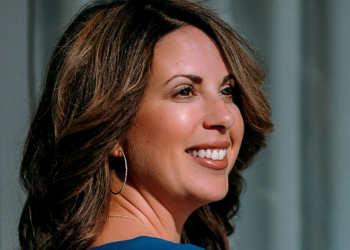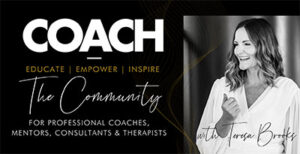Trauma- Informed Coaching – Buzzword or Best Practise? – Teresa Brooks

Is ‘trauma-informed’ just another box to tick?
If you’re well versed in trauma-informed coaching and share my vision for a trauma-informed world, then I’ll be preaching to the converted, but for those of you are feeling a little irked at the frequent use of this phrase or feel any objection or resistance to it, stay with me.
Maybe it’s new to you and wondering if this is even relevant to you and your life and business.
It is.
I’m fully on board with trauma-informed coaching approaches and believe it’s not so much about being an initiative, but being a necessity for working with people in a way that meets them well and finds the best and safest ways to work with them and elicit their strengths for growth with a ‘do no harm’ intention.
There are many coaches and therapists who are well trained but don’t adopt or embrace a trauma-informed approach. At the same time, I want to reiterate that a training or certificate won’t automatically mean someone is able to truly hold the right space for you. There is a lot to consider when choosing someone to help you express, navigate and feel safe and seen.
I’ve immersed myself deeply into understanding and working with trauma and taken endless training and courses from various trauma experts and leaders in the field to expand my knowledge and skills.
The reason for this is twofold for me.
One, because I now know the difference between working with someone who is truly empathetic and has done, and is doing, their own inner work, and someone who is book smart with a raft of qualifications but oblivious to their own trauma which means they often fails to recognise trauma signs and symptoms in others and themselves.
And two, because a heavy weight of childhood trauma in my past was unhealed, unseen and had impacts. This came to light when I started my journey in personal development, coach training and NLP and I’ve spent the last five years working with this — and it continues.
Find a coach who can hold safe space
So it matters to me because I know how hard it can be to find a coach who understands all this and that can really hold the right space and navigate forward to growth with you by taking the time to know who you are and how you operate.
It’s been my professional training and dedication to my own healing and inner growth that has brought me to where I am today. Unsurprisingly, I attract smart and talented women who have experienced past trauma that greatly affects their present life and business and hinders their growth who want to transform who they are and the results they can get.
What exactly is a trauma-informed approach?
It’s an approach that seeks to be aware of trauma, understands its’ impacts and be able to respond empathetically and appropriately to the client.
The tools of awareness are the keys to all things. If we are unaware of ourselves and what we are bringing into the spaces we work in, then we are not well-equipped to work with others in a safe way and this causes problem. Trauma-informed means being aware of our own selves in this respect, not just focusing on the client.
How does this show up in coaching sessions?
You can assume that every client will have experienced trauma on some level between being born and the day you meet them.
You can also assume they often won’t share it, speak about it or even recognise it as trauma or having an impact on their life and business today.
They will have a plethora of belief systems in place, old ones and a subconscious operation which needs ‘updating’. This is often the reason people can’t get forward well and don’t understand why — the subconscious patterns running need attention and their inner landscape needs a very good gardener!
If you’re a business coach and working towards the strategy and goals only, you might wonder why do you need to know all this? Surely this is just for the life coaches out there?
No. Trauma shows up a lot around business growth.
And because you are connected with your client, your nervous systems are not separate, they will respond to each other regardless of the context of your discussion. So it’s important for you to be regulated and be able to manage your state. This will be one of the main skills to learn.
Maps of your Inner World
Life is full of difficult experiences growing up that often don’t get well processed — if at all. These experiences become internalised and will create a map of the world and many meanings and beliefs.
As adults, we often still operate from many of the same maps we developed in childhood and if those filters and maps have been created by adverse experiences, then the adult is still operating from those and looking through that past lens in their present day.
Trauma from the past shows up in the present every single day. In ways that even the client is unaware of.
This can be in a number of ways but look for emotions, reactions, challenging interactions, behaviour, language and difficulties in relationships.
Often anxiety is present and a dysregulated nervous system full of unprocessed trauma will eventually become unable to compensate any longer and cause problems mentally, emotionally, physically and spiritually.
How long ago any of the experiences were that shaped that lens is irrelevant.
Time doesn’t heal all wounds.
This is a ridiculous throwaway statement and a prime example of non trauma-informed language.
Why? It presupposes that time passing will heal deep pain and inner wounds from the past automatically.
And that when enough time has gone by by other peoples’ measure, you must be ‘over it’ by now. It’s 20, 30, 40 years ago — why are you still thinking about it now? It’s not relevant to now, it’s in the past. Move on, turn the page. get over it.
This is the narrative that comes from that belief of time heals all wounds.
What this does for a client (or anyone) is dismiss, shame and invalidate their emotions and experience. It makes them feel they are wrong for still suffering. It triggers shame and the whole cycles spins again. If they could have ‘moved on’ they would have. If they could have ‘turned the page’ they would have. They are stuck in a cycle of pain there, with beliefs and patterns raging a storm within and still affecting what they do and don’t do.
So our role is to be aware that this is happening and not invalidate it, but work with it so that we can help them to be more empowered and find healing and ways to achieve their goals and change their lenses, beliefs, meaning-making thinking and behaviour.
When you make the assumption that everyone has experienced a level of trauma that you know nothing about that challenges them, causes pain and affects their state in everyday situations, your heart posture will automatically shift to compassion and set a powerful state in you.
Self-Responsibility
It is worth noting at this point that we are all responsible for how we react, respond, behave — and we have choices. It may not feel this way when dealing with past trauma and patterns as clients have often become powerless in the past and it feels the same to them now.
We were not responsible for any harm others did in our pasts, but we are responsible for our own healing and growth and there are incredible tools for empowerment that will work beautifully over time — just gently too, not too much too soon.
Coaching Setbacks
As we try to move forward with our goals, a poor coaching experience can really impact and set back a client with unhealed trauma.
It can poke hidden bruises in some unexpected ways, inflame past pain and trigger a lot of shame if they aren’t able to simply follow the coaches’ formats or do what is suggested for example to be productive and successful (which isn’t coaching by the way).
This is just the tip of the iceberg.
When a coach can’t notice what’s happening and pay attention to the physiology, energy, language and engage to understand what’s presenting, it can be stressful and unproductive for both parties. Knowing what to do and how to work with this is paramount.
It’s not just coaching either where this is rising. If you look outside to larger organisations and businesses, trauma informed awareness is growing and welcome in those places. This is because the success of organisations depend on the success of human dynamics -aka teams so management and leadership has to be part of this new culture of understanding and communicating better with their people. This approach transforms the way people communicate and interact which then impacts performance, increased happiness and promotes success and staff consistency within the organisation.
Do no harm?
The coaching world is unregulated, and there is a LOT of noise, so the best you can do is be well informed yourself, be aware and know how to choose your coach based on your needs and background.
I had some negative experiences with coaches who were surface level with systematic methodologies and had low awareness of others and self in this context. They didn’t work from ‘do no harm’ but you have to know what the harm is before you can not do it! They also had inadequate repair systems to recover any foot wrongs (which can and will happen when working with people and trauma).
My question to those coaches who resist trauma-informed work is this — why would you resist anything that would make your space even more powerful, safe and effective for a client and help you to grow at the same time?
It could be the usual suspect of fear.
Fear of looking at themselves, fear of seeing others in this way, fear they aren’t able to embody the compassion needed, fear that they may encounter too much vulnerability?
Avoidance of suffering, toxic positivity, bypassing tendencies… the list could be endless and a lot of that will be connected with their own unresolved trauma ironically, but my point is that feeling resistant to anything can be an invitation to go closer, especially when it’s regarding strengthening your care and practice skills for the benefit of others.
This isn’t about being perfect and having an ultra sanitised space to work in that never puts a foot wrong. That’s not helpful. It’s about being aware of when the ‘foot wrongs’ occur and why and having the skills and tools to repair, reset, maintain authentic rapport and keep the space safe.
Most of the trauma will show up as triggers (reactions) that will fire around things like visibility, sales, money, self expression, speaking, relationships and any number of things that touch these raw wires.
Equipping ourselves with trauma knowledge and deepening our ability to create rapport and really observe and witness another will take them much further, faster than strategy and processes and modalities.
We are not our behaviours… Every behaviour is a communication.
Every behaviour is a symptom of something else happening internally. The focus on behaviour alone is a red herring. What is this behaviour a symptom of? What else could this behaviour mean?
Being trauma informed means we work with the whole system of a client, mind, body and energy and we notice carefully what’s going on, calibrating both with ourselves and the client — and the only assumption we make is that someone has a lot more to them than we can see so we get curious about that.
We aim to understand the clients map of the world before we even start coaching, we don’t judge, make assumptions or dive in the deep end.
Online can be really a difficult space and certain language and terms can lose their power and people start to numb out in those areas.
But let me tell you who doesn’t numb out?
The people suffering with the impacts of trauma.
The clients who are silent and can struggle with coaching, growth and relational spaces.
There is nothing wrong with them and nothing they can’t heal and achieve.
They don’t have to ‘just do it’ or ‘smash it’ or ‘take massive action’.
In fact that behaviour considered as so desirable can be unhelpful as a pattern of beliefs which keeps pushing and pushing the person to action with matching inner critic to boot and tell them they are a failure or not good enough if they don’t keep achieving.
As coaches, we need to be well trained and equipped to know how to work with someone to help them change, grow, achieve and move forward.
We are working with beliefs and values systems, long ago embedded patterns from childhood, their distorted sense of self, their thinking strategies and their emotional weight that shows up and consumes their capacity and gets in their way along that path to their goals.
With all this in mind, the question for any coach reading this is how much trauma do you carry within yourself?
What are you aware of around this subject?
What are your own impacts and silent struggles?
Have you considered how your relationships are impacted, personally and professionally?
And how might this all show up in your coaching spaces where you are relating to another person?
How do you react when clients present certain ways?
What are your skills and tools for ‘difficult’ clients?
Powerful reflections to take.
Trained coaches have boundaries, know scope and are ethical.
Absolutely.
But the reality is, we are also human, not robots and we have pains, blind spots, shadow, triggers and we are all operating in our own map of the world based on our experiences, beliefs and values — and that’s ok.
But we need to be aware that, when we are in a sacred space with a client, we know who we are and how to be in our best state for ourselves and that client — and how to maintain that when they can’t.
We are there to empower our clients to access the resources they have within themselves to achieve their growth and transform, in spite of the past and anything that holds them back.
So, is trauma informed a buzzword?
Isn’t it more about being a safe, professional and compassionate pair of hands with another human? What would you prefer?
Coaching is a beautiful art, so let’s do it as compassionate, flawed humans and take our craft seriously enough to educate ourselves in trauma-informed practice to be able to help others and ourselves to heal, grow and thrive and to also do our own work to expand, heal and grow.
Credited Coach (AC) & Master NLP Practitioner
Certified NLP Trainer (ANLP)
Silent Counsellor, MHFA(England),Trauma-Informed
Survivor & Advocate.
